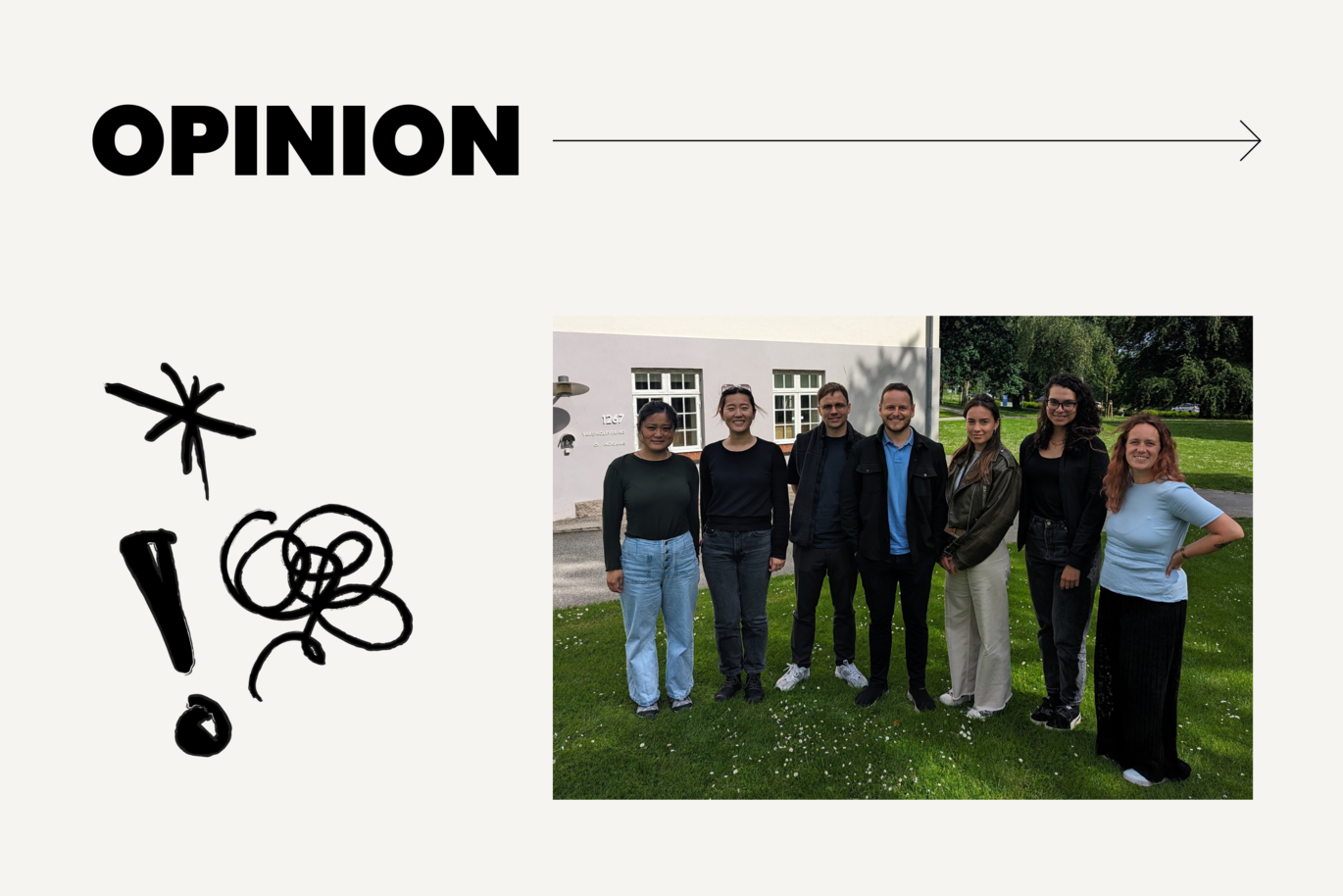OPINION: We need clear and transparent guidelines and procedures for handling sexism and abuse
A recent report from the research and analysis center VIVE documents that sexism and unwanted sexual behavior are a sad reality for many PhD students at Danish universities. Universities must take responsibility and ensure that there are independent, safe, and trustworthy ways for PhD students to report incidents without fear of reprisals, write PhD student Signe Vogel and PhD student Sofie Abildgaard Jacobsen on behalf of the PhD Association – Health.

This is an opinion piece. The views expressed, are those of the authors. Would you like to take part in the debate? You can send your opinion piece to opinion.omnibus@au.dk
A recent report from the research and analysis center VIVE documents something seriously wrong at Danish universities – sexism and unwanted sexual behavior are a sad reality for many of our PhD colleagues, and often it is precisely those who are supposed to support and guide us who are behind these abuses and assaults.
In the PhD Association at Health, we are pleased with the initiatives taken at the Institute of Clinical Medicine, such as the KVINFO survey, the wellbeing committees, and the inclusion of sexism in supervision courses. However, we wish to highlight how barriers still exist for PhD students, which complicates the use of these initiatives.
In a vulnerable position
PhD students are in a vulnerable position, our academic future rests in the hands of supervisors, leaders, and senior researchers, who have immense power over us. When someone in such a position of power commits an abuse, it can feel as though there is nowhere to get help. Often we are asked to report such incidents to our supervisor or leader, but how can we do that, when these are the very people perpetrating the psychological and/or physical violence? For this reason, we may also face resistance on speaking out if we see our fellow students being subjected to abusive behavior.
Our academic future rests in the hands of supervisors, leaders, and senior researchers, who have immense power over us. When someone in such a position of power commits an abuse, it can feel as though there is nowhere to get help.
We need clear and transparent guidelines and procedures for handling sexism and abuse – and these must take into account the power dynamics in academia. Universities must take responsibility and ensure that there are independent, safe, and trustworthy ways for PhD students to report incidents without fear of reprisals.
An increased focus on the use of trust representatives, HR departments, and DEI officers could be a place to start. These entities must be trained to handle difficult situations and must be easily accessible to PhD students. They must also be clearly independent of the power structure that supervisors, leaders, and senior researchers represent, and they must be able to act with full discretion and, not least, protection of the PhD students who come forward.
The responsibility of the universities
As PhD students, we need to know that we are not alone. We need transparency, and assurance that our reporting will be taken seriously, and that we will be protected from further abuse, backlash, and acts of revenge. It is the responsibility of the universities to create a safe environment where respect and security are paramount.
It is time to change the system and ensure that no PhD student feels compelled to endure sexism and abuse in silence. Let us work together to create an environment where everyone can feel safe, respected, and supported.
On behalf on the PhD Association – Health
Signe Vogel and Sofie Abildgaard Jacobsen are both PhD students at the Department of Clinical Medicine. Sofie Abildgaard Jacobsen is chair of the PhD Association – Health
Translated by the authors

